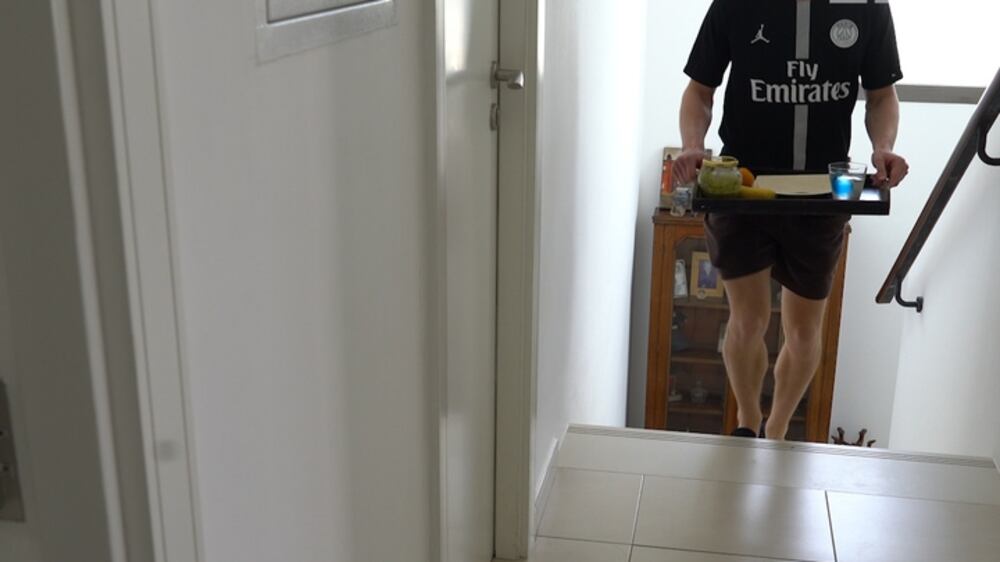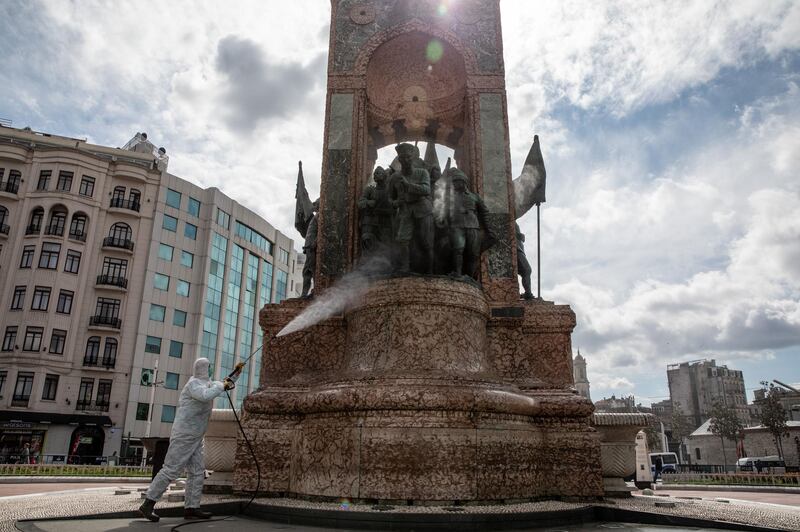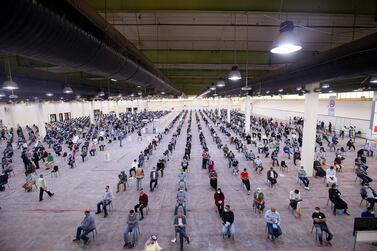Until last week Turkey was the only G20 nation yet to declare its first case of coronavirus, drawing plaudits for its early response in preventing the global outbreak crossing its borders.
The measures taken before the first case was announced in the early hours of March 11 led Irshad Shaikh, the World Health Organisation’s health security chief in Turkey, to praise Ankara’s preventative actions and good organisation, saying it had been “vigilant and cautious”.
But since the first case – a man who had recently returned from Europe – the number of patients tested positive has risen to 98, with one death, as of late Tuesday.
Health Minister Fahrettin Koca credited a comprehensive testing programme for delaying the arrival of the virus.
Prior to last week, Turkey, a major transit hub between Europe, Asia and Africa, had sealed its land borders with Iraq and Iran, which has a particularly high number of cases, as well as halting flights to and from both countries as well as China, Italy and South Korea. Further flight bans have since been put in place.
In cities across Turkey, mass disinfection was carried out in public spaces with a focus on schools and public transport.
A day after the first case, schools and universities were closed and spectators barred from sports events. This week bars, restaurants, gyms, cinemas, cafes and other public areas were shuttered. Prayer gatherings in mosques were also banned.
In a country highly dependent on tourism, the government has advised hotels to delay summer bookings.
People coming back from abroad, including thousands of Muslim pilgrims returning from Saudi Arabia, have been placed under 14 days’ quarantine in student dormitories.
While the health ministry has linked all Turkey’s positive cases to people returning from abroad, it has remained quiet on the number of tests carried out, leading to speculation that the real number of infected people could be much higher.
How do you self-isolate?

“At the moment, the reason that all the cases that have been found are related to abroad is because the test has only looked at those linked to abroad,” Mehmet Ceyhan, head of paediatric infectious diseases at Hacettepe University Hospital in Ankara, told broadcaster NTV.
Sinan Adiyaman, chairman of Turkish Medical Association, suggested there were a higher number of virus carriers. “The sense that we get is that there are more patients,” he said, adding that there are reports of patients who have not had contact with anyone who has travelled abroad.
“The ministry should explain the tests applied on a daily basis, both negative and positive tests,” Prof Adiyaman said in a call for greater transparency.
Mr Koca announced Wednesday that 8,002 tests had been conducted since the first case. In a population of 83 million, that amounts to some 96 tests per million. By comparison, South Korea, which announced its first case in mid-January and is now seeing a slow in new cases due to widespread testing, has conducted nearly 3,700 tests per million.
Meanwhile, criticism of the government’s response or speculation about the number of cases has led to a crackdown on social media users, with at least 19 arrested over “unfounded and provocative” posts.
There are also concerns over how prepared the Turkish health system is to deal with a growing number of cases.
“To minimise the spread of this virus in our country and with a sudden demand of health services, all measures should be taken quickly to prevent it from collapsing,” said opposition MP Gamze Tascier, who wrote a report highlighting a shortfall of beds and medical staff.
According to Ms Tascier, Turkey has the lowest number of doctors per 1,000 people among Organisation for Cooperation and Development (OECD) nations at 1.9. This compares to 5.2 per thousand in Austria and 4.3 in Germany. The report also noted it has 2.8 hospital beds per 1,000 while Japan has 13.1 and Germany 8.
Prof Adiyaman warned that health workers were short of basic equipment such as face masks and said quarantined patients were being kept in multi-occupancy rooms rather than individually isolated.
“The goal was to prevent the spread of the virus,” he said. “Unfortunately, it wasn’t done.”
However, Ates Kara, who sits on the health ministry’s coronavirus committee, said Turkey’s “very early, very radical” measures had postponed the arrival of the virus.
“If we can get through the next one-and-a-half to two month period in this way, then Turkey will become one of the most successful countries to beat this epidemic,” he said.
“But if we don’t follow these rules, the increase in the number of cases could be very high.”







